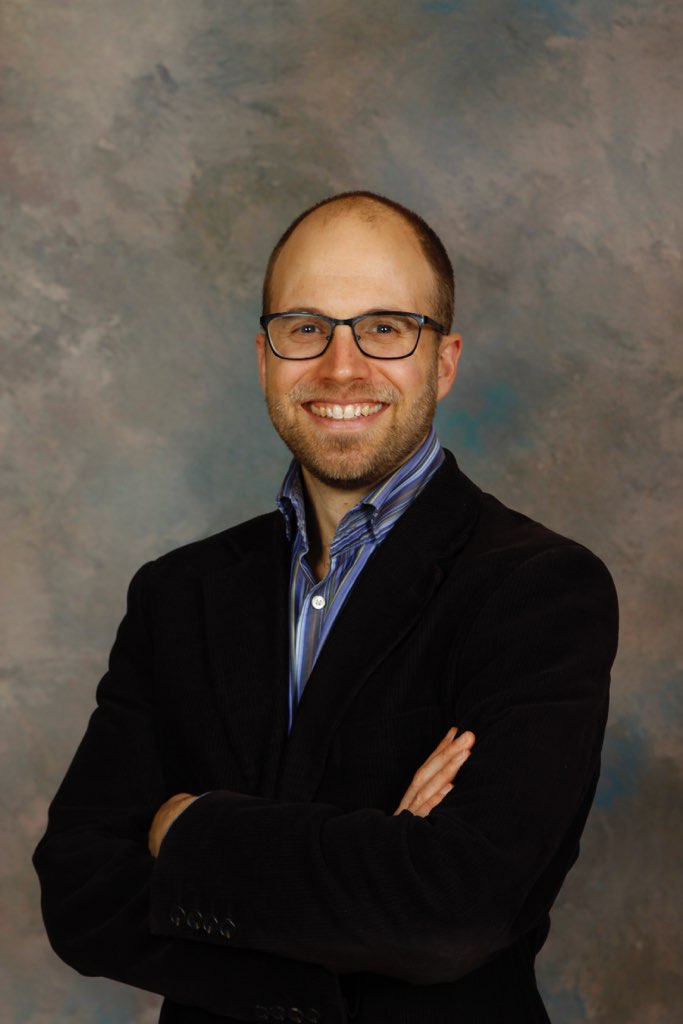OP/ED: Hate speech at city council the opposite of Christian foundation of love
“What’s the most important thing for a person to do?” I put this question to our church congregation a few weeks ago. The reading for that week was about a fig tree that had not produced fruit for several years. The landowner wanted to cut it down to put the soil to other use, but a servant pleaded to give the tree another season. The story has several dimensions, but one angle is to see the fig tree as having a purpose, which is to produce fruit. (It also makes shade, regulates the microclimate, provides habitat, and so on but if we said #YouHadOneJob it would be to produce fruit.) In a tribal setting, as the entire world found itself 2,000 years ago when the story was recorded, the most important thing for people was also to reproduce.
But we have surpassed that.
The teachings of various traditions, the Enlightenment, the spread of democracy, progress in science and medicine, and a host of other factors have moved human consciousness beyond the single purpose of reproduction. Indeed, while our congregation did brainstorm the notion of “being productive”, reproducing per se didn’t even come up. Darwin would be shocked.
Instead, we proposed that the purpose of each and every human is simple: to love. This is nothing new, and is barely worth of reporting. But recent events around the globe and even within Castlegar’s council chambers (during a “question” from a member of the public) suggest that a significant proportion of humans has failed to live into the purpose of loving.
Ironically, churches have constructed barriers to loving. Churches have declared one person’s love as superior to another’s. Churches have even effectively declared one person as superior to another, which unquestionably hinders the kind of radical love for which people like Jesus have advocated and died. Churches are often still barriers to love.
When someone incites their religion as a cause for their hate, as this one member of the public did on a recent Monday evening Council meeting, I cringe. Clearly something isn’t connecting properly. When economic circumstance or mental health condition are the cause for hate and division — as Council witnessed recently — there is something deep going on. Hate is usually based in fear, which itself is usually based in shame. The only way to stop hate is to address the shame; in other words, only love and empathy can end hate. As much as the human drive to punch someone in the nose might move us, we really just need to love and seek to understand, even in the face of hate. This should often be done privately and offline, because to listen to the root of the hate can be an extremely painful experience. The listener needs to be prepared to absorb all sorts of hate and, eventually, the fear and shame. This is hard work; it is emotionally draining and can lead to the need for counselling for the one absorbing the hate for the purpose of freeing the other from it. But this is what Jesus and myriad other religious leaders did and ask us to do. What would Jesus do? He would love away the hate.
The Bible is an easy weapon for hate. Passages can easily be taken out of context to justify war, homophobia, incest, genocide and other terrible tragedies. Most religious texts open such doors (which is why people like Dawkins and the late Christopher Hitchens have such a beef with them). Only with deep engagement can we close those doors of hate. Only by understanding the contexts in which the stories arose, or the contexts in which the writers were writing, can we close those doors of hate and leave them behind us. For example, a tribe that is constantly under threat of annihilation needs a series of laws and commandments that simply don’t fit today’s context. When “medicine” and “health care” amounted to little more than superstition—as they did two millennia ago, people depended on behavioural agreements to avoid the spread of disease. We’ve moved beyond this. We don’t need archaic laws because we have a criminal code; we don’t need superstitious tribal norms because we have medicine and hygiene. The Bible is an incredible collection of stories, history, prophecy, songs, proverbs, and more and we should take it seriously, not least because of its influence in today’s geopolitics. But when used as a weapon for hate, I suggest taking a second look, because this simply does not fit with the tradition that Jesus lived and formed.
Our job as people is clear and simple: to love. Some people really struggle with this, likely because they carry their own fear or shame. Regardless, neither our Council nor members of the public should be forced to endure hate masquerading as Christian fundamentalism. Love is the only fundamental aspect of the Christianity I know; everything else is simply misguided and disconnected from the Source. To hate on the basis on sexual orientation or gender identity is to have missed the boat. If anything, Jesus went out of his way to offer love and hospitality to those whose sexuality was not welcome. We would do well to do the same, and to overcome hate with empathy and love.


























Comments